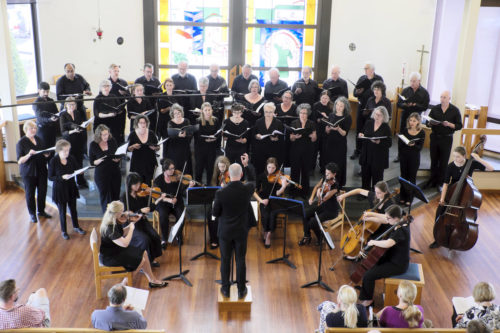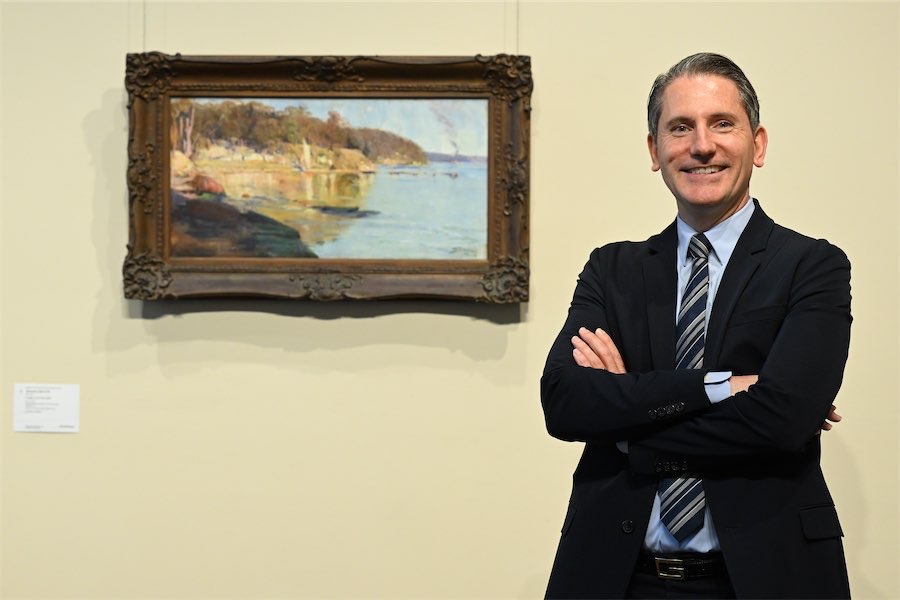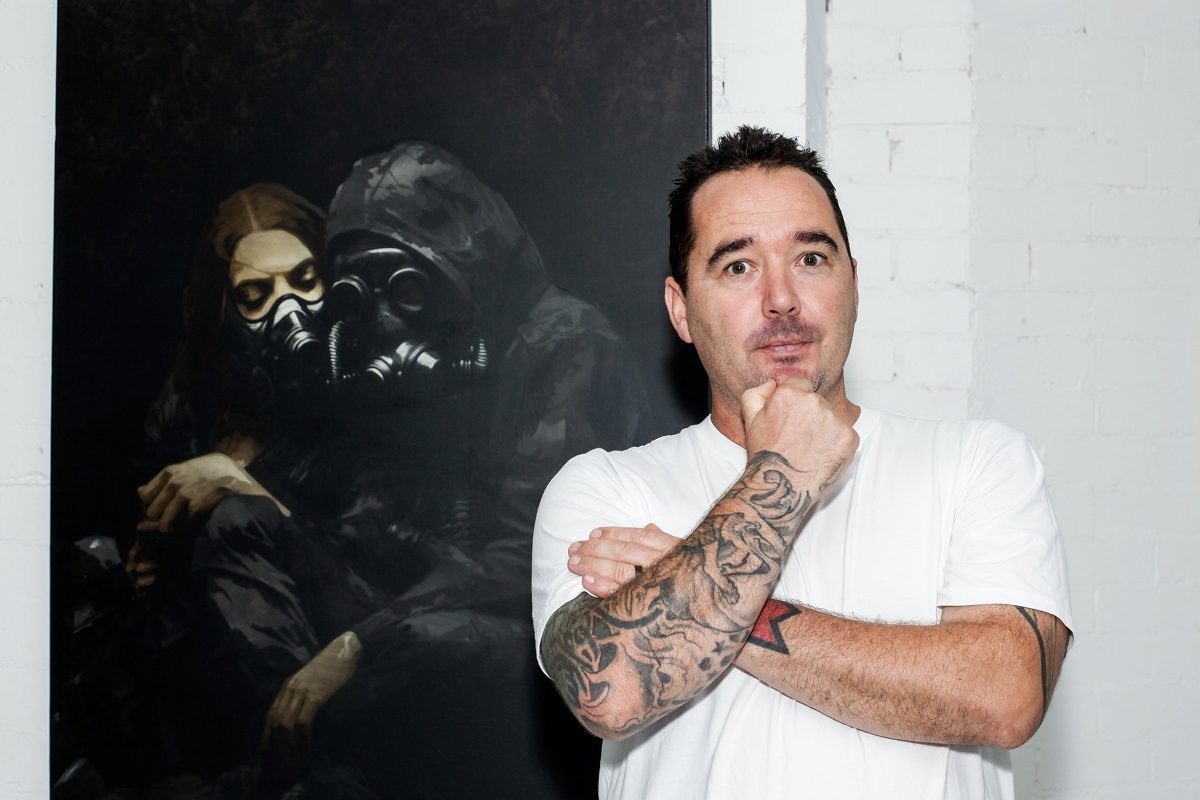
Music / “Seven Last Words”, The Oriana Chorale. At the Chapel of the Annunciation, Canberra Girls Grammar School, November 17. Reviewed by CLINTON WHITE.
The Oriana Chorale was at the top of its game for this recital.
Conductor Dan Walker led the group, including the orchestral ensemble, through three vastly different, difficult works. Two settings of the “Seven Last Words of Christ”, written 350 years apart, bookended Estonian composer Arvo Pärt’s “Sieben Magnificat-Antiphonen”, written in 1988.
German composer Heinrich Schütz wrote his “Die Sieben Worte Jesu Christi am Kreuz” in 1645. It is similar in form to a cantata and includes sung narration by the Evangelist and a tenor soloist, playing the role of Jesus. The narrations, given by various sections of the choir, who also play the parts of the thieves on either side of Christ, provide the context for Christ’s words.
The Oriana Chorale sounded good from the get-go, with strong entries and mostly true pitch, with only an occasional entry with an almost imperceptible “climbing up” to the note. Whilst the soloist, tenor Cody Christopher, did not have a particularly strong voice and started a little tentatively, he gained confidence quickly, giving a compelling interpretation of Christ’s ordeal at Golgotha.
The orchestral ensemble, led by violinist Katrina Vesala, was in superb tune and balance, providing excellent support to the choir, without ever dominating.
Pärt’s a Cappella work takes the form of a prayer in seven sections. The excellent program notes say it’s based on “antiphons to the Magnificat at Vespers on the seven evenings preceding Christmas Eve.”
Utilising Pärt’s trademark “tintinnabulations” (making the three notes of a triad sound like bells), this piece is dominated by very close and complex harmonies requiring considerable concentration, and vocal and muscular control, not to mention the need to stay on pitch. The Chorale did brilliantly on all counts, delivering a very moving performance.
Closing the program was “Seven Last Words from the Cross”, written in 1994 by the Scottish composer, James McMillan. Whilst drawing on some traditional Scottish influences – folk themes, airs and laments, and even remarkable bagpipe-like drones – and despite moments of hope, this is a profoundly sad piece. In the fifth movement, “I thirst”, one could imagine a desert with its expansive sparseness and loneliness.
In the final movement, “Father, into thy hands I commend my Spirit”, there is a real sense of despondency and anguish as the choir sings those words with the strings very quietly underneath, then the voices fading away and the strings taking over to complete the work, slowly fading away with long silences between ever diminishing and dying notes finally and literally to nothing.
Walker drew a quite exceptional performance from the choir and ensemble in this work, conveying the inherent deep emotions with great sensitivity. After only about a year in Canberra, Walker has already made a significant contribution to Canberra’s music community.
Who can be trusted?
In a world of spin and confusion, there’s never been a more important time to support independent journalism in Canberra.
If you trust our work online and want to enforce the power of independent voices, I invite you to make a small contribution.
Every dollar of support is invested back into our journalism to help keep citynews.com.au strong and free.
Thank you,
Ian Meikle, editor




Leave a Reply